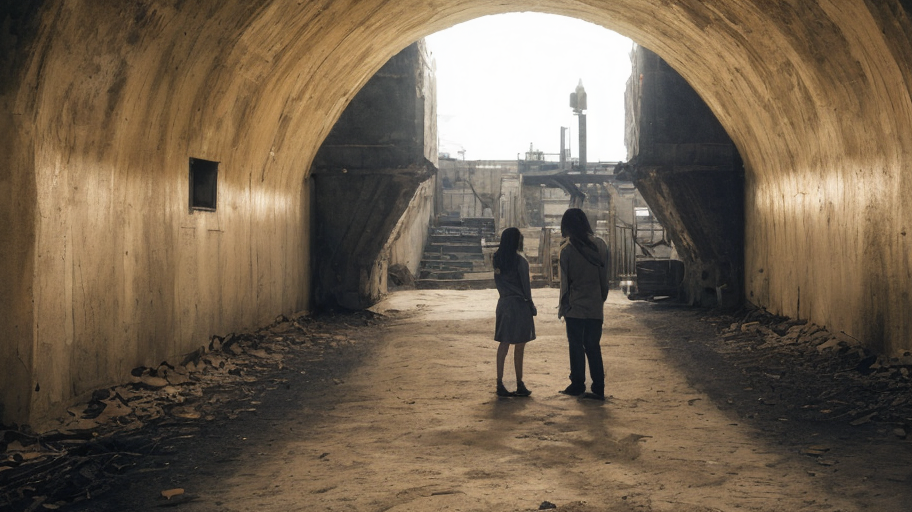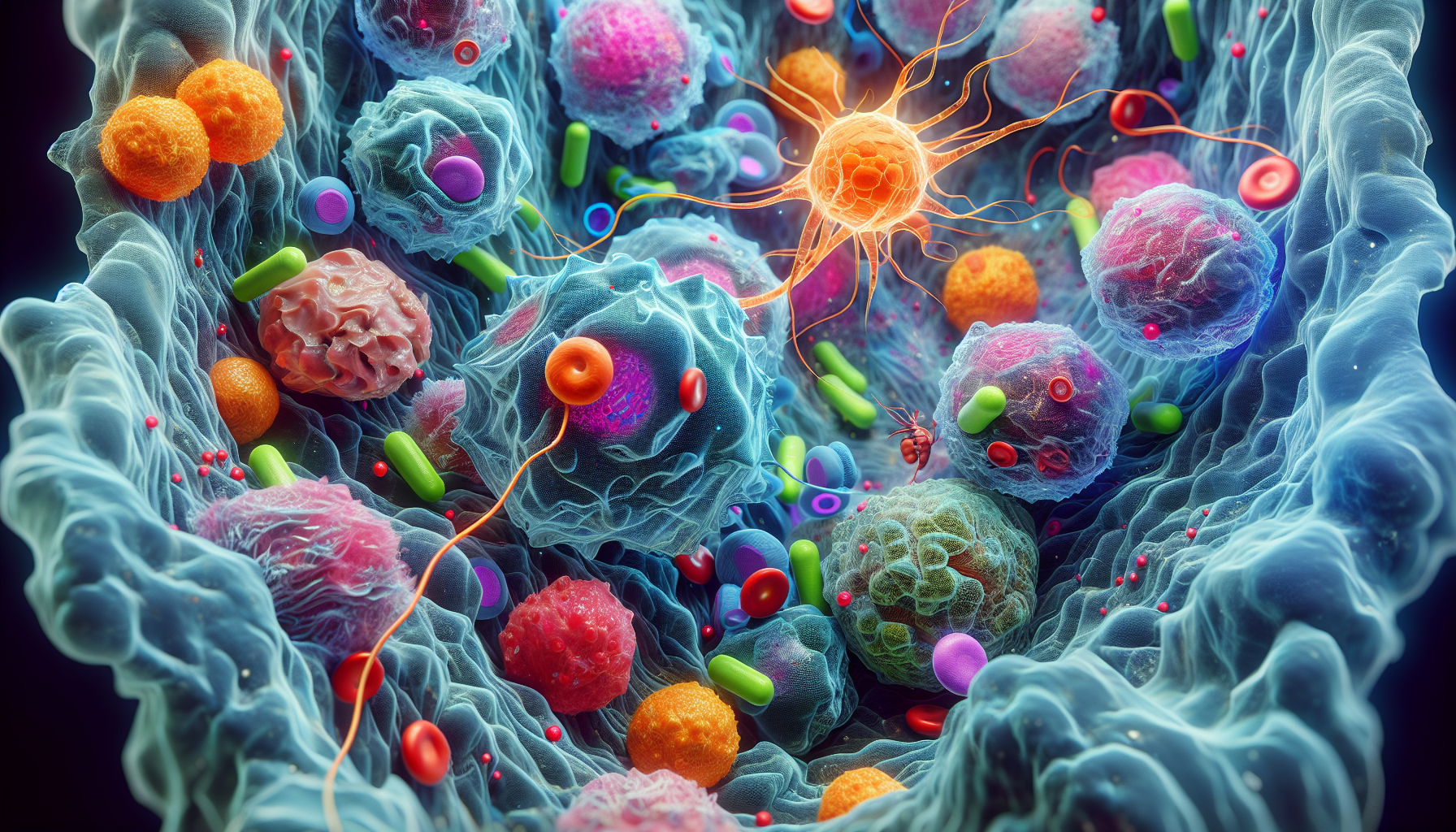Promising Results for Nivolumab and Cabozantinib Combo in Treating Non-Clear Cell Kidney Cancer
Key Takeaways
- The combination of Nivolumab and Cabozantinib shows promising efficacy in treating non-clear cell RCC.
- Patients experienced notable overall response rates and sustained benefits.
- Common side effects included fatigue, palmar-plantar erythrodysesthesia syndrome, and diarrhea.
Did You Know?
Introduction to Nivolumab and Cabozantinib
Nivolumab (Opdivo) is an immune checkpoint inhibitor targeting PD-1, while Cabozantinib (Cometriq) is a tyrosine kinase inhibitor (TKI). Together, they form a powerful combination for treating various types of cancer, including non-clear cell renal cell carcinoma (RCC).
Non-clear cell RCC is a less common form of kidney cancer, often more challenging to treat than its clear cell counterpart. Recent studies have explored innovative treatments like the combination of Nivolumab and Cabozantinib to improve patient outcomes.
Study Overview
A phase 2 study focused on the efficacy of Nivolumab plus Cabozantinib in patients with non-clear cell RCC. The study enrolled patients with unresectable advanced or metastatic diseases, including papillary, unclassified, and translocation-associated RCC.
The patients received oral Cabozantinib 40 mg daily and intravenous Nivolumab 240 mg every two weeks. The treatment continued until disease progression, intolerable side effects, or patient withdrawal. The study's primary endpoint was the overall response rate (ORR), evaluated using RECIST 1.1 criteria.
Results and Efficacy
After a median follow-up of 34 months, the study revealed promising results. Patients who received the combination treatment achieved an overall response rate of 48%, with a median progression-free survival of 13 months and a median overall survival of 28 months.
Additional data showed that the median duration of response was 17 months. Importantly, 12- and 24-month response rates were observed at 63% and 32%, respectively, highlighting the potential for sustained benefits of this treatment.
Subgroup Analysis
Analysis of subgroups within the study population provided further insights. Patients receiving their first line of treatment had an overall response rate of 54%, compared to 36% for those on their second line of treatment. The response rates were consistent across different disease types, including papillary, unclassified, and translocation-associated RCC.
Safety and Side Effects
The study also monitored the safety and side effects of the combination treatment. Common side effects included fatigue, palmar-plantar erythrodysesthesia syndrome, and diarrhea. Approximately 61% of the patients discontinued treatment due to disease progression, and 40% discontinued one or both drugs due to side effects.
Limitations and Future Directions
Despite the encouraging results, the study has limitations. It was non-randomized and single-arm, with some variability in the patient population's prior treatment status and disease histology. Hence, further randomized controlled trials are required to validate these findings.
Ongoing research is anticipated to refine and optimize treatment protocols, aiming to enhance outcomes for patients with non-clear cell RCC. Future studies will likely address these limitations and explore additional strategies to build on these promising results.
References
- European Urologyhttps://www.europeanurology.com/article/S0302-2838(24)30012-7/fulltext
- National Cancer Institutehttps://www.cancer.gov/about-cancer/treatment/clinical-trials






